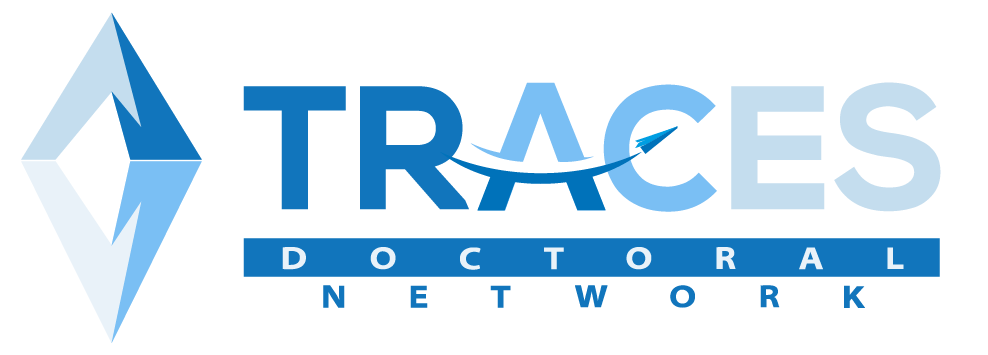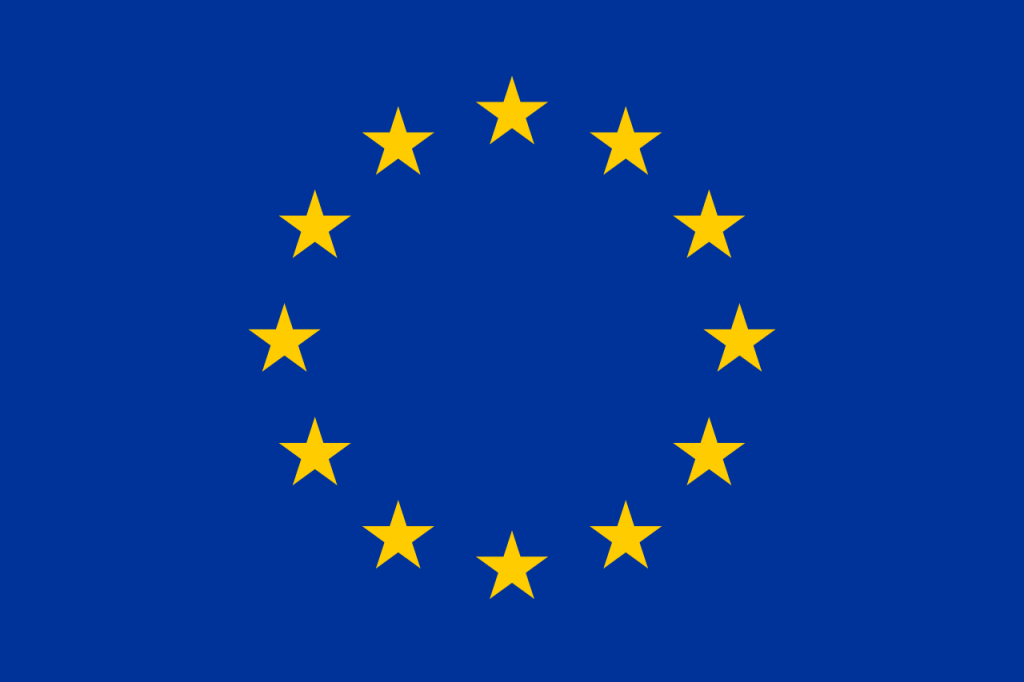Objective
TRACES is a European Joint Doctorate network that aims to provide high-level training in the field of in-flight icing to deliver a new generation of high achieving Doctoral Researchers (DR) in the diverse disciplines necessary for mastering the complexity of ice accretion and its mitigation in aircraft and aeroengines.
TRACES will provide the transferable skills necessary for thriving careers in academia, research centres and industry, and it will allow DRs to impact on diverse sectors in addition to aviation: wind energy, ground and maritime transportation, civil engineering. This goal will be achieved by a unique combination of hands-on research training, non-academic secondments and courses and workshops on scientific and complementary soft skills facilitated by the academic/non-academic composition of the consortium
Four objectives:
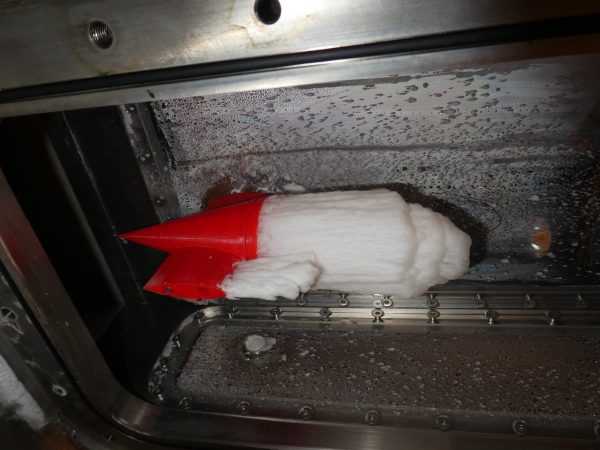 European Joint Doctorate on icing sciences and technologies
European Joint Doctorate on icing sciences and technologies
Comprehensive training encompassing all disciplines required to tackle the physical and technological complexity of in-flight icing, including certification. Training through a combination of hands-on research training, non-academic secondments and courses and workshops on scientific and complementary soft skills
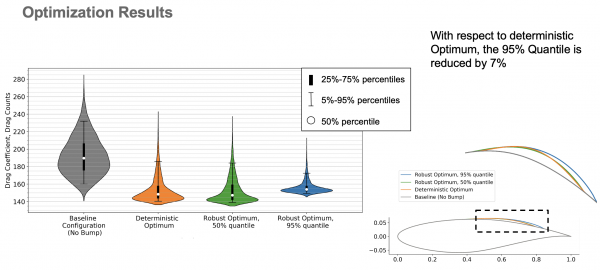 Robust modelling of icing physics
Robust modelling of icing physics
To deliver to academia and industry numerical and experimental tools to improve current understanding of ice accretion and to properly quantify the uncertainty due to modelling and operating conditions to deliver robust simulation results
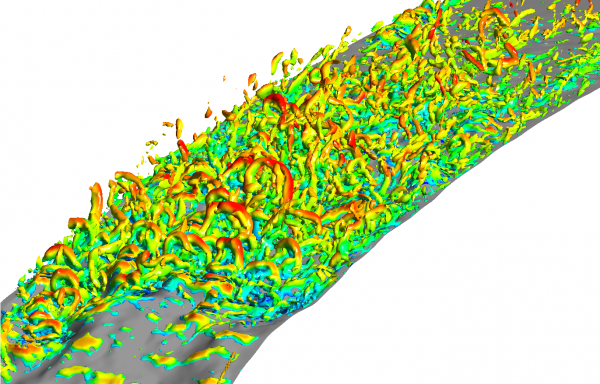 Safe and sustainable, greener flight in icing conditions
Safe and sustainable, greener flight in icing conditions
To deliver tools to quantify the effects of ice growth on the performance and handling quality of aircraft, helicopters, engines, and Urban Air Mobility (UAM) vehicles and design innovative ice detection and Ice Protection Systems (IPS), based on new technologies not yet tested in an industrial environment, to maintain the high level of safety while reducing the environmental footprint of air transportation.
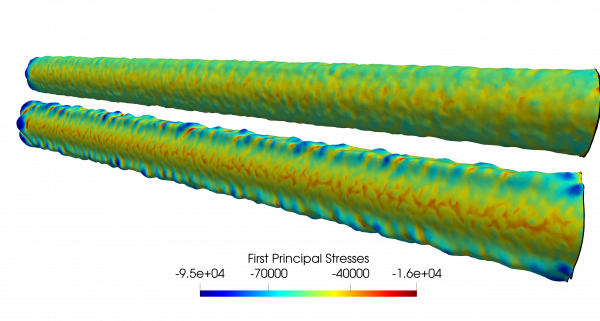 Virtual certification
Virtual certification
Introduce at the earliest possible stage a “certification culture” in the development of new technologies related to in-flight icing and bring about academia, industry and certification authorities to establish trust in numerical tools for virtual certification (i.e. certification by analysis and not by testing) for timely and less costly certification in icing conditions.
Research Program and Work Packages
The fundamental research carried out in TRACES will set the basis for the next leap in icing technologies, made possible by multidisciplinary ambitious projects encompassing fundamental issues, numerical and experimental tools and applications. To enable this TRACES has been structured in three scientific work packages:
- Every doctoral researcher will enrol in a double-PhD programme between the recruiting Host Institution and the Joint Institution, located in a different Country to deliver an international perspective. In addition, one or more industrial partners or research centres will be involved in each project for supervision and training. An Individual Research Committee composed by academic and industrial partners will supervise the doctoral researches throughout the development of his PhD project.
- All doctoral researchers will have a mandatory Academic Secondment at the Joint University providing the double-PhD degree. The doctoral researchers will also do a secondment at one non-academic partner organisations to gain experience working in different environments in complementary research areas.
- Four network training school are organized to build a common background knowledge among doctoral researchers and to bring everyone up to date with the state of the art on in-flight ice accretion. Training on transferrable skills is also provided during these training schools.
- Three Project Working Groups (PWGs) composed by 5 DRs are defined to train the DR on transferrable skills such as: leadership, entrepreneurial capabilities, time management, organization skills, working to deadlines, decision making and motivating people through practical experience. Each Research Project of the PWGs is aimed at finalizing a project design to be assessed by industries and the certification authorities EASA and FAA during the Design and Certification Exercise, which will mimic the certification procedure of aircraft components in icing conditions.
